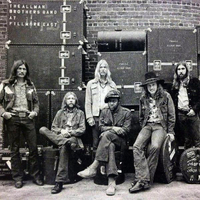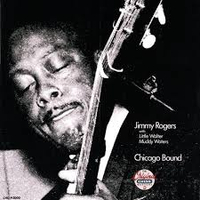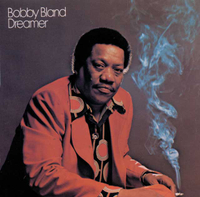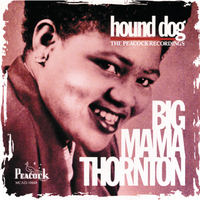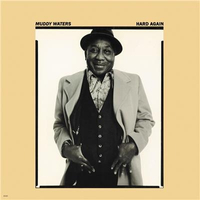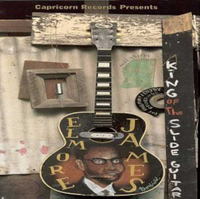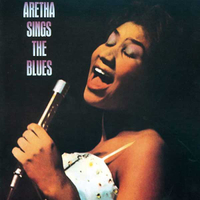“Things that are real, they tend to last," says Derek Trucks. "My dad would take me to see BB King, long before I was playing guitar, and he’d get chill-bumps on his arm and be like: ‘Look at this!’ That was how he would gauge a show. So from a very early age, that’s what was important. When you listened to music, you had to feel it.
“I remember, early on, hearing a few things and getting that feeling. The first music I really enjoyed was At Fillmore East and the Layla record, but also The Best Of Elmore James. There’s just a brutal honesty to it. Mainstream taste is never good. You’re pandering to an audience and in a lot of ways you’re dumbing it down.
"If everybody likes something, you’re probably not trying very hard. But there’s something about speaking the truth and playing with humanity. Blues crowds might dwindle, then get bigger, it comes and goes, but it’s always there. And those records are still great.”
Susan Tedeschi: “When I was little, my dad would play me Lightnin’ Hopkins and Mississippi John Hurt, a lot of that country folk-blues kinda vibe. And I liked it, but it wasn’t my main thing. But then when I graduated college, I had some friends running a blues jam and they asked me to come sing.
"So I started diving into the record stores and bought all these records by T-Bone Walker, Big Mama Thornton, Koko Taylor, Johnny ‘Guitar’ Watson. That’s when I started diving into the blues on a massive level. They just really got me hooked.
“And they also got me playing electric guitar: I didn’t really play anything other than acoustic until I started getting into the blues. It was an exciting time. That music was soulful and inspiring, and I was really angry that growing up, we didn’t have that kind of music on the radio.
"But I’ve realised since that what we’re spoon-fed on radio is kinda all the baloney, the weakest of the lot. So you have to search out the really great stuff, the really soulful stuff. People can relate to the blues. It moves them. It can help to heal you. I think the blues can be very beneficial on a medicinal level.”

Susan Tedeschi and Derek Trucks were speaking with Henry Yates. The next leg of Tedeschi Trucks Band's Dueces Wild tour kicks off on May 22.

